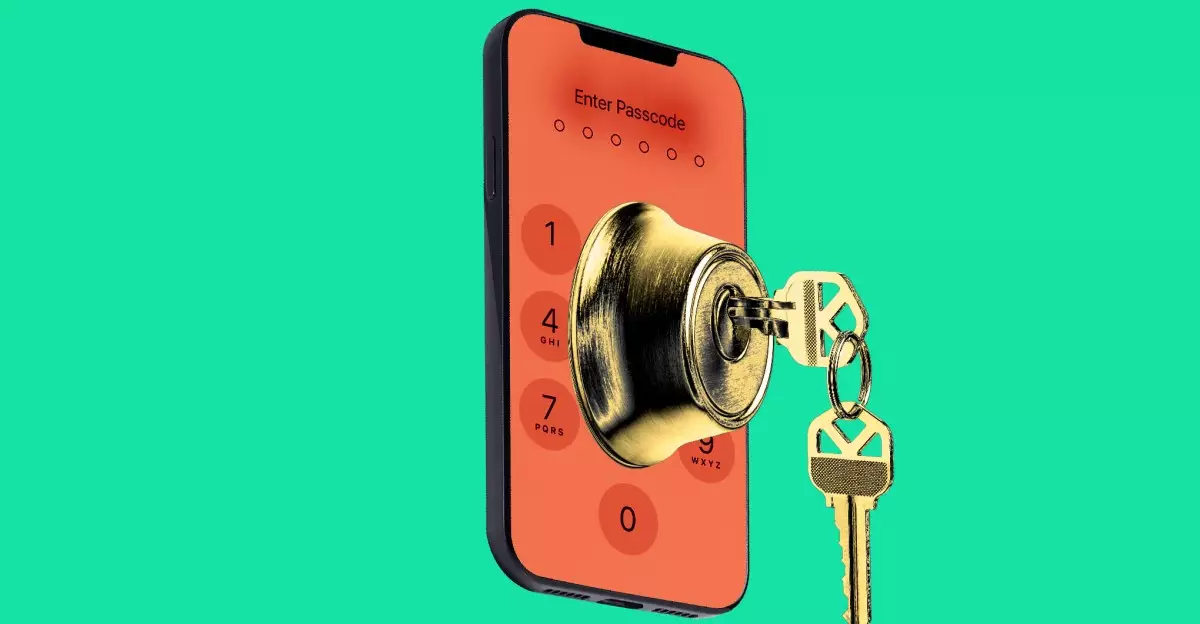In a digital age riddled with increasingly sophisticated cyber threats, AT&T’s recent introduction of the Account Lock feature signifies a bold stride toward prioritizing customer protection. While many carriers have been slow to adapt, AT&T boldly steps into the forefront, emphasizing the importance of safeguarding user identities and data integrity. This initiative underscores a vital shift from passive security measures to proactive defenses, ensuring that users regain control over their digital lives amidst mounting threats like SIM swapping.
The Critical Need for Enhanced Protection
SIM swapping, a malicious tactic gaining deadly popularity among cybercriminals, exposes the frailty of traditional authentication measures. Attackers often impersonate users, exploiting social engineering to convince carriers to transfer or modify accounts. Once they succeed, they can intercept two-factor authentication tokens, hijacking sensitive services from email to banking. AT&T recognizes this vulnerability, offering a powerful remedy: account locking prevents unauthorized changes such as phone number and SIM card transfers. This isn’t just an added feature; it’s a necessity for today’s mobile users who rely heavily on their devices for personal and professional matters.
Ownership and Control: A New Paradigm
The beauty of AT&T’s Account Lock lies in its user-centric design. Enabling or disabling the feature takes mere moments through the intuitive myAT&T app, granting users the ability to quickly respond to potential threats. It grants a layer of autonomy that many previous security tools lacked. Only primary and secondary account holders can access the lock, ensuring that control remains in trusted hands. Additionally, notifications—via email and SMS—keep users informed of any changes, establishing transparency and fostering a trust-based relationship between carrier and customer.
Strategic Significance and Industry Impact
Although AT&T’s move might appear incremental, its strategic implications are profound. The feature elevates the standard of security in the wireless industry, prompting competitors like T-Mobile and Verizon to enhance their offerings. This industry pressure could lead to a more secure environment overall, as consumers begin to demand robust security features as baseline expectations. Moreover, it signals a shift in the carrier’s role—from mere connectivity providers to guardians of digital security—addressing a critical need in today’s interconnected ecosystem.
Beyond the Feature: A Cultural Shift in Privacy Expectations
What makes AT&T’s Account Lock truly compelling isn’t just the technical implementation but the broader cultural message it conveys. In an era increasingly conscious of privacy and data security, consumers are no longer willing to accept vulnerabilities as inevitable. Empowering users with direct control over their account security fosters a new culture of vigilance and responsibility. It signals that carriers recognize the importance of trust, and that safeguarding customer data isn’t just a compliance issue but a core value.
Security isn’t static; it evolves alongside threats. AT&T’s proactive stance paves the way for a more resilient telecommunications environment—one where consumers no longer have to accept the risk of losing control over their digital identities. Instead, they are given the tools to defend themselves, reinforcing that security and convenience can coexist when innovation is driven by genuine consumer needs.

